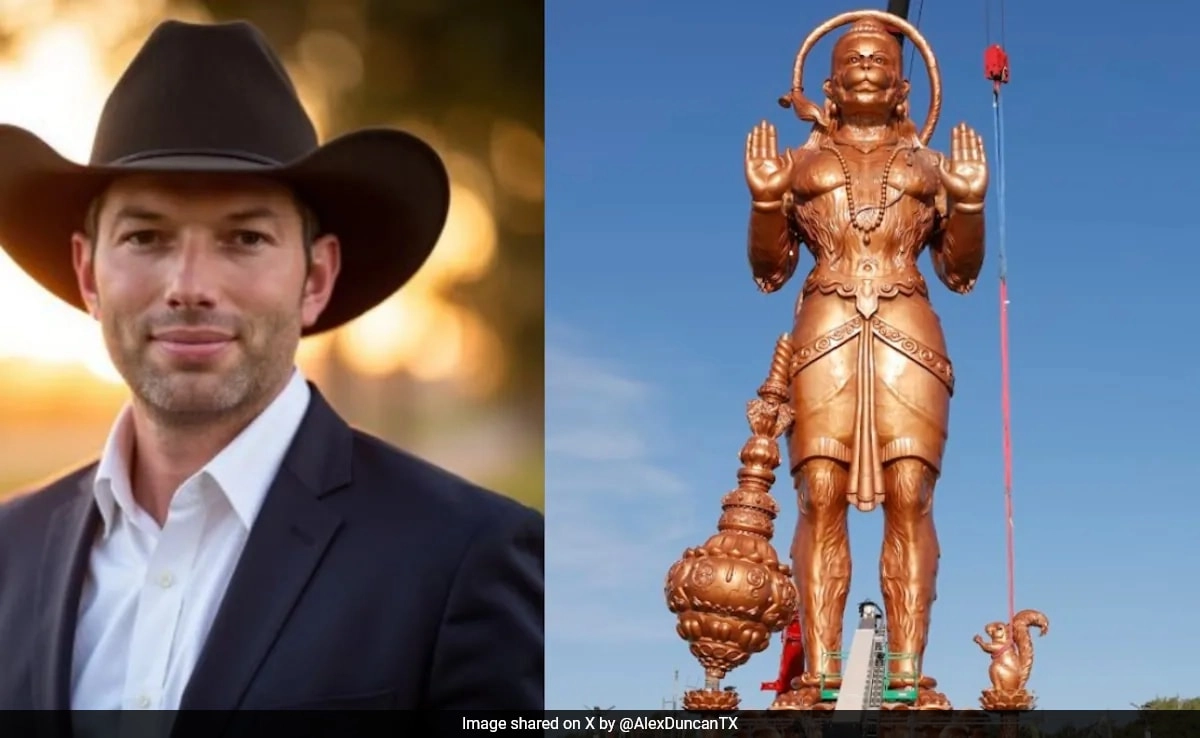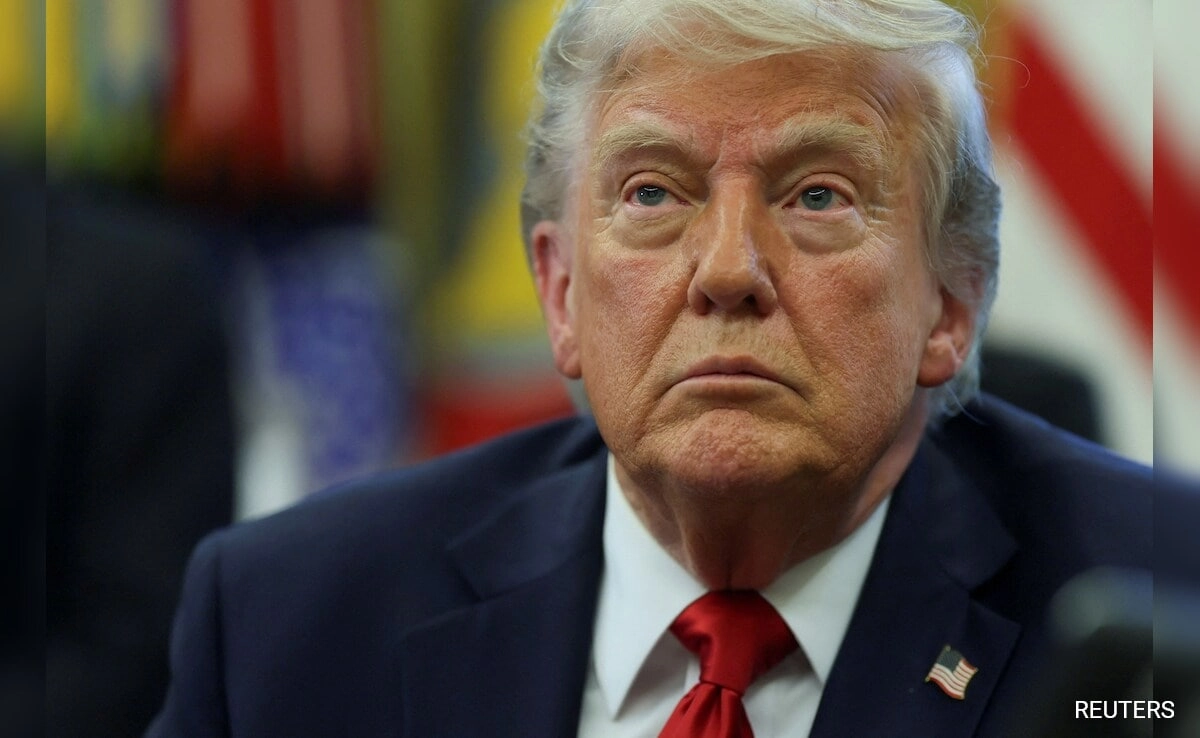A recent comment by a Republican leader regarding a statue of Hanuman in the United States has ignited considerable controversy and debate. The statement, which referred to the revered Hindu deity as a “false god,” has drawn backlash from various quarters, particularly among the Hindu community. Hanuman, a central figure in Hindu mythology, is widely worshipped as a symbol of strength, devotion, and loyalty. The remark has not only offended many practitioners of the faith but has also raised questions about religious sensitivity and the responsibilities of public figures in discussing beliefs that are not their own.
The statue in question, which is situated in a public space, had been intended to celebrate diversity and promote cultural understanding. However, the Republican leader’s comment has overshadowed its intended purpose, leading to widespread criticism from activists and community leaders. Many have taken to social media to express their outrage, emphasizing the need for respect and understanding between different faiths in a multicultural society. The incident highlights the delicate balance that public figures must maintain in discussing religious matters, particularly in a nation that prides itself on its pluralistic values.
In response to the uproar, some political commentators have pointed out that such remarks can have far-reaching implications, potentially inciting division among communities. The backlash serves as a reminder of the importance of dialogue and education in fostering an inclusive environment where all religious beliefs are respected. Furthermore, it underlines the need for leaders to be mindful of their words, especially in today’s highly polarized political climate. As discussions continue, many hope that this incident will lead to greater awareness and empathy toward the beliefs of others, paving the way for a more harmonious coexistence.




